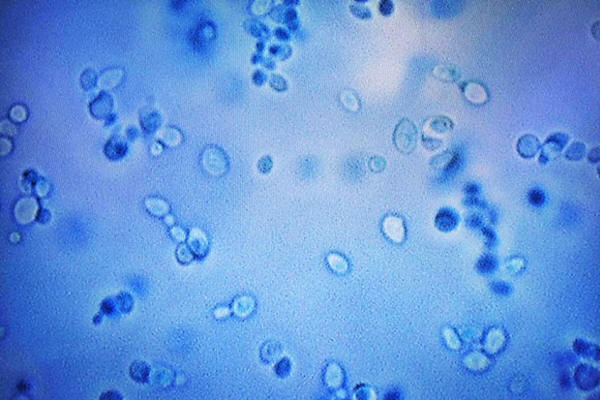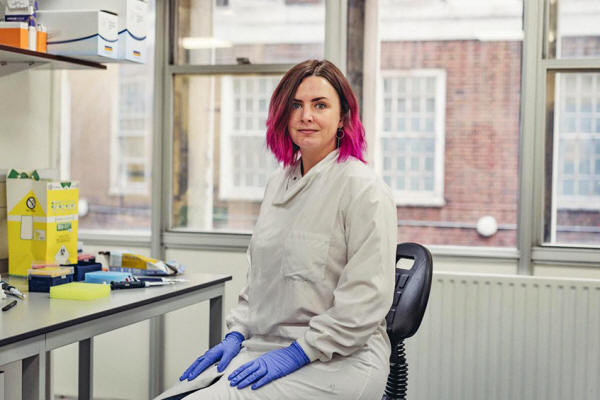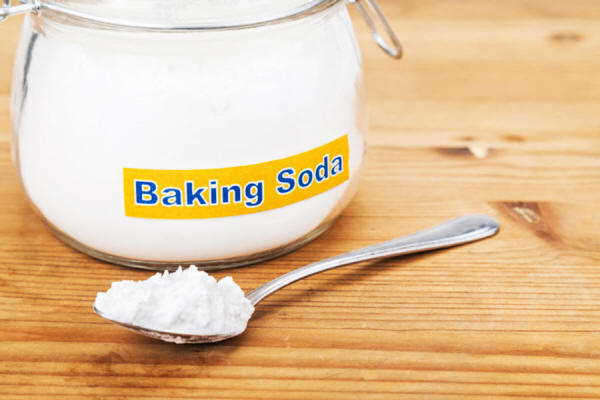|
by Mark Sircus
C.
auris fungus on a microscope slide.
for The
New York Times
Individual institutions, national, state and local governments have been reluctant to publicize outbreaks of this drug resistant infection, arguing there is no point in scaring patients - or prospective ones - meaning they do not want to scare patients away from going to hospitals.
Officials are still
scrambling to keep a lid on it as the infection is spreading around
the globe, yet with the Measles, a dramatically less
dangerous disease, they are getting hysterical.
Dr. Johanna Rhodes
Thanks to the over-prescription of antimicrobial drugs had also laid the groundwork for this relatively new germ that preys on people with weakened immune systems according to the New York Times.
The infection - a fungus known as Candida Auris - kills almost half of all patients who contract it within 90 days, according to the CDC, as it's impervious to most major anti-fungal medications.
First described in 2009
after a 70-year-old Japanese woman showed up at a Tokyo hospital
with C. Auris in her ear canal, the aggressive yeast
infection has spread across Asia and Europe - arriving in the US by
2016
Baking soda, also known as sodium bicarbonate, has significant anti-fungal effects.
Laboratory studies show that baking soda is effective against most fungal species. Bicarbonate inhibited the growth of 80 percent of fungal isolates tested in one study.
Many studies have shown
that sodium bicarbonate at high concentrations has an antimicrobial
effect over several microorganisms isolated from the oral cavity,
including
Candida albicans.
The problem with anti-fungal drugs, is that fungi are extremely adaptive, and can accommodate themselves to a new environment in three to four days.
This renders anti-fungal drugs largely ineffective.
The fungi do not adapt to the baking soda.
In the last five years
alone, it it has swept through a hospital in Spain, hit a
neonatal unit in Venezuela, spread throughout India,
Pakistan and South Africa, and forced a prestigious
British medical center to close its ICU for nearly two weeks.
Science Daily said,
Doctors who diagnose lung cancer are unaware of the fact that cancer mimics fungal infections.
Over one million people
worldwide are
misdiagnosed with tuberculosis when
in reality they have an incurable disease with a similar outlook to
many cancers, says a
report published in 2011 in the
Bulletin of the WHO.
Fungal infections kill at least 1,350,000 world-wide patients with,
... as well as causing untold misery and blindness to tens of millions more worldwide.
Yet, like a Trojan horse
its symptoms are mostly hidden, and occur as a consequence of other
health problems.
Fungal disease is
worldwide catastrophe that is growing year on year and now with this
new anti-fungal resistant strain more deaths can be anticipated.
In 2014 GAFFI - 'The global action fund for fungal infections' - called on all policy makers and health agencies to wake up to the plight of more than 300 million people worldwide who suffer and die every year from fungal disease.
So why do doctors not
prescribe sodium or potassium bicarbonate?
|




